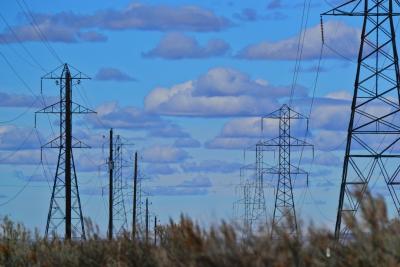Balancing Speed and Accuracy in Power Grid Operations Models
Researchers have developed the Grid Operations (GO) model, a new open-source tool to optimize the balance between speed and accuracy in energy system modeling. This innovation allows for faster simulations without significant loss of detail, facilitating the exploration of various scenarios under changing weather conditions or energy policies. GO's adaptability makes it accessible for broad use, and it has proven capable of managing the complexities of large-scale power systems like those in the United States.
Our team has developed an open-source tool that simulates the impact of unpredictable weather on power systems, enabling cost-effective electricity operations simulation without high-end computing resources. This innovation allows rapid, accurate testing, crucial for adapting to various climate scenarios. It's a significant advance in energy research, offering insights into maintaining power stability during extreme weather. The tool's broader implications extend to environmental science, economics, and policymaking, serving as a 'telescope' into the future of energy resilience.
Recent research has unveiled the Grid Operations (GO) framework, an innovative open-source tool optimized for balancing speed and accuracy in production cost models (PCMs) for power system management. GO is adept at integrating uncertainty and sensitivity analyses concerning weather and climate into power system operational studies, offering customizable features for model refinement based on computational constraints.
Key insights reveal that streamlined PCMs employing linear programming and simplified networks can effectively estimate locational marginal prices (LMPs) and generation patterns, paving the way for comprehensive stochastic simulations. The study underscores the nuanced interplay between transmission scaling and network simplification during model calibration. It also highlights the impact of data selection and the extent of uncertainty analysis on PCM version selection, given computational limitations.
The GO framework is tailored for use across U.S. power interconnections, with a case study in the Western U.S. illustrating its proficiency in conducting large-scale simulations that assess operational risks from climate and weather fluctuations, without compromising on model precision. As an open-source resource, GO empowers ongoing research into renewable energy integration and power system resilience.

